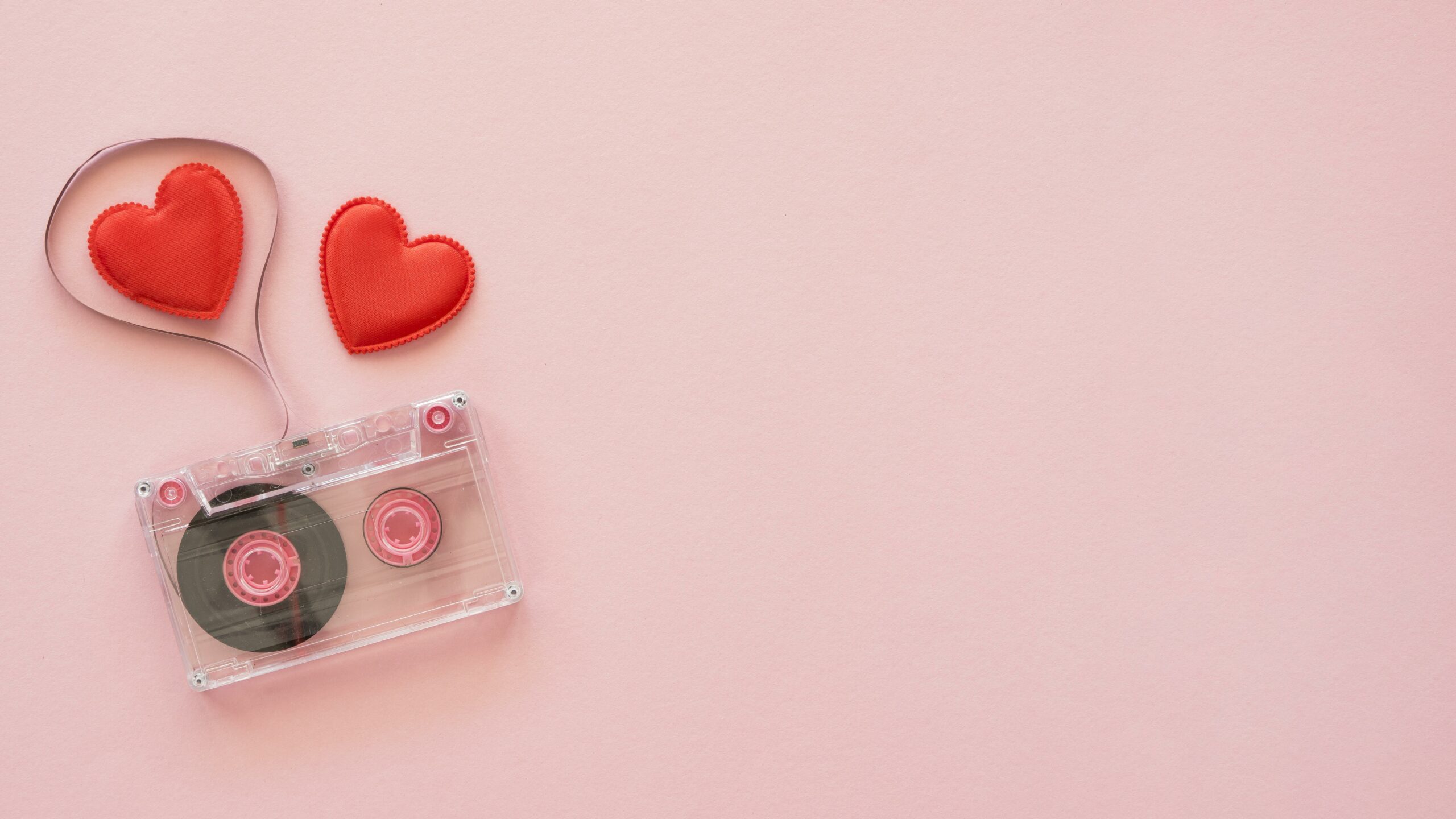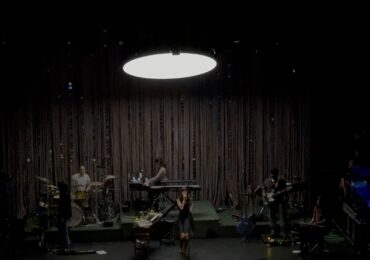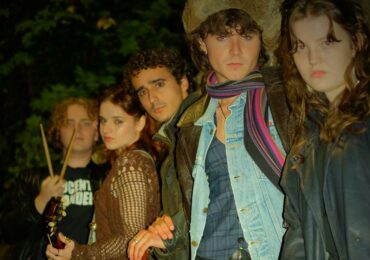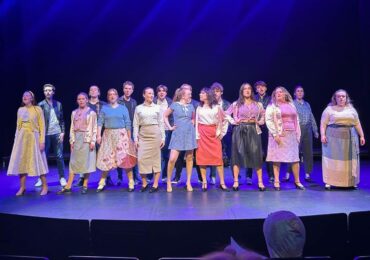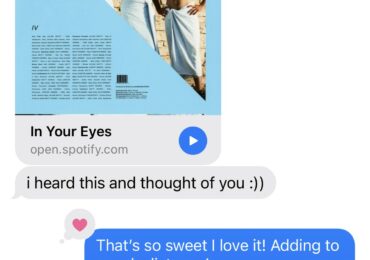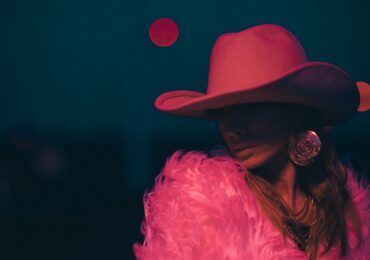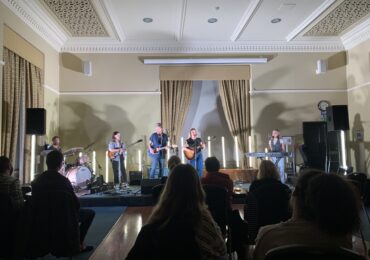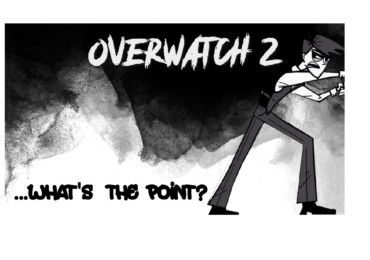On the theme of love, I would like to wish happy Valentine’s Day to the hopeless romantics and the hopelessly single alike. Whilst neutral on the holiday itself, I appreciate its timeliness, we all need a holiday in the middle of dreary February. In the spirit of focusing on positivity in the bleak winter, I invite you to cast your minds back to the brighter days of summer. Mere months ago we witnessed an extraordinary summer for LGBT visibility in music. It was as if the supergroup boygenius was expanding its membership, absorbing the entire music industry and turning it into a vehicle for unapologetic queer celebration.
Firstly, there was the arrival of Chappell Roan into the mainstream; her flamboyant drag fashion and unapologetic queer sexual lyricism fuelling her meteoric rise. More monumental was Charli XCX’s ‘Brat Summer’ sweeping the world and forcing staid news outlets to pen articles attempting to define the concept of ‘Brat’ – a label as opaque in meaning as it is green in hue. Charli has been long cherished by a devoted gay fanbase, an adoration earnt through a deep connection to the community: from featuring transgender women in her videos, her extensive collaboration with queer artists like SOPHIE, and of course, Billie Eilish’s feature on the lovably cheeky ‘Guess’ remix. This summer there was even something for the staunch indie listener, as Clairo’s laid-back sensual album ‘Charm’ embodied the charisma of its title. In short, people were noticing what I have felt all along – the best pop culture includes queer representation.
Despite the claim of a dance mom’s popstar (Jojo Siwa for the mercifully unaware), ‘Gay Pop’ was not invented in the 2020s. Queer music has always been a prominent part of the pop canon. What is less acknowledged, I believe, is that does not just exist, but its objectively, undeniably better. Whether it be of the yearning, the celebratory or even the heartbreak variety, queer songs make up outsized share of the works that have something truly profound to say. There is nothing to say queer musicians are inherently better writers or performers, but the unique experiences and challenges that their experience of love means they avoid many of the cliches that the highly saturated ‘love-song’ genre relies on.
Peter Shelley, of seventies pop-punk band Buzzcocks fame, used gender-neutral pronouns to subtly weave his bisexuality into his songs in ways both integral and discreet. As Shelley would tell the music outlet Sounds in 1977 ‘There isn’t any implied gender in our songs now because we think it’s boring singing about one thing when it could apply to both sexes.’ Whilst bisexuals cannot lay claim to the word ‘you’, they have certainly wielded it with power. Another Manchester native Morrisey is said to have taken great inspiration from Shelley. Perhaps we may even owe The Smiths’ ‘Hand in Glove’ and its gloriously pining ‘everything depends on how near you stand to me’ to Shelley’s template. Even at surface level, Morrissey’s phrasing powerfully captures the exhilaration of all-consuming desire, a perfect piece of melodrama that lets us indulge in our own histrionics. Yet the underlying idea that gender-neutral language carries, that love and desire transcend gender boundaries, makes this sentiment even more powerful. The height of The Smiths’ success was also the age of Thatcher and her homophobic ‘Section 28’ bill. While classrooms may have been sanitised of any ‘deviance,’ the airwaves have always told a different story. The Buzzcocks’ classic ‘Ever Fallen in Love (With Someone You Shouldn’t’ve)’ is not only a radio hit but a powerful anthem to the universality of messy romance which subverts any attempt to neatly categorise and moralise these feelings.
Gender ambiguity is not always an attempt to draw attention to the songwriter’s queerness. The ambiguity of addressing ‘you’ can be just as easily used to mask, as well as celebrate, one’s sexuality. Kele Okereke, the singer of the indie outfit Bloc Party, has expressed regret over the abstract lyricism he employed throughout their debut ‘Silent Alarm’. It was only in future albums that he would embrace specificity, come out, and write overt references to male sexual encounters. Personally, I find the sparse, fragmentated lyricism an essential part of the appeal of one of ‘Silent Alarm’s’standout tracks ‘This Modern Love’, where the vagueness allows the reader to project their own ideas. With the intensely building sonic layering and Okereke’s earnest delivery, one could be mistaken that anything was being left on the table.
Although my viewpoint is sharply coloured by the fact that I latched onto the song at the impressionable age of fifteen, it is hard not to be moved by lines like, ‘You told me you wanted to eat up my sadness / Well, jump right in and gorge away.’ Okereke is said to have cried listening to its first complete mastering. I have my own conspiratorial theory that the refrain ‘this modern love’ in IDLES track ‘Love Song’ is in fact an explicit reference to this work and its unmistakable mix of tenderness, queerness and energetic masculinity. After all IDLES’ lead singer Joe Talbot has been open about his own bisexuality and his tendency to remix queer references is evident in the song ‘Samaritans’, a muscular and aggressive take down of toxic masculinity in which he hollers ‘I kissed a boy, and I liked it.’
Of course, songwriters also tackle the more melancholy side of relationships. In Ani DiFranco’s incomparable folk song ‘Both Hands’ her whispered, shaky delivery makes me feel as if I am the ‘old women behind the pink curtains’ listening in on the disastrous fallout of her breakup. As DiFranco desperately grasps at the fragile threads of her untangling relationship, I wonder if the lament to ‘you’ in ‘Your bones have been my bedframe/And your flesh has been my pillow’ is an attempt to underline the universality of loss. Yet for me Sleater Kinney’s ‘One More Hour’ remains the greatest breakup song. Rivalling Fleetwood Mac’s ‘Silver Springs’ for messy intraband romance, the track is a snapshot of the twilight moments of Sleater Kinney’s lead singers Carrie Brownstein and Corin Tucker’s relationship. Perfectly, imperfectly articulated via Corin’s stuttering ‘I needed it’, poignantly placated by Brownstein’s echo of ‘I know.’ The loss is made palpable and devastating through the obvious affection they still share. The tenderness of those final moments only emphasises the anguish their romantic separation will bring. Few would have the strength to sing ‘Hold me close before I leave’ repeatedly at their ex. In this way the song captures the blurred lines that queer female relationships have without the strict divide and expectations that heterosexual relationships bring. Touchingly, Brownstein and Tucker are now married to other partners but remain close friends, continuing to perform ‘One More Hour’ together live to this day. Talk about staying friends with your ex.
Now, allow me a highly pretentious humanity-student digression. In Plato’s Symposium, love is not just a giddy feeling but a source of spiritual awakening. The transcendent power of love has been gorgeously captured in many songs, such as Laura Marling’s ‘Divine’. Yet once again it is queer artists that grapple the most with the intertwining of the physical and the spiritual, as religious experiences become all that more complicated when coexisting with ‘unholy’ relationships. The fundamental tension between Sufjan Steven’s Christianity and his queerness drives some of the most intense, engaging elements of his music. ‘To Be Alone with Me’, with lines such as ‘To be alone with me/ You went up on a tree/ I’ve never known a man who loved me’, could as easily be a prayer for the resurrected Son of God as it could be a serenade to a male-lover. Through Stevens’ soft, reassuring delivery exposes an attempt to heal and reconcile the conflicting aspects of his experiences of love. This can be seen as either a confident declaration of his multi-faceted personal identity, or as a heartbreaking attempt to reconcile the irreconcilable. This conflict highlights the universal need to belong to a community, a faith, or to the people we love.
The universal experience of love, expressed through music and poetic lyricism, uncovers something profound about our shared humanity. Each songwriter discussed here spoken honestly about their lives in a way that avoids overwrought and overused concepts and metaphors, revitalising the most ceaselessly re-treaded topic in all of human creative expression. The ideas these artists explore are not exclusively queer: the ecstasy and agony of love, the desire to be seen and understood, the wish to keep personal lives private, and the longing to belong are felt by all. It is not that queer love songs are inherently better; rather, any art that highlights the diversity of the human experience helps us all feel seen and understood. Paradoxically, it is through individuality, through authentic portrayals of one’s unique personal stories, that the most universal truths are revealed. No matter how original we believe ourselves to be, the fact remains: we all experience love, and we all endure loss — a powerful message for those who choose to listen.

